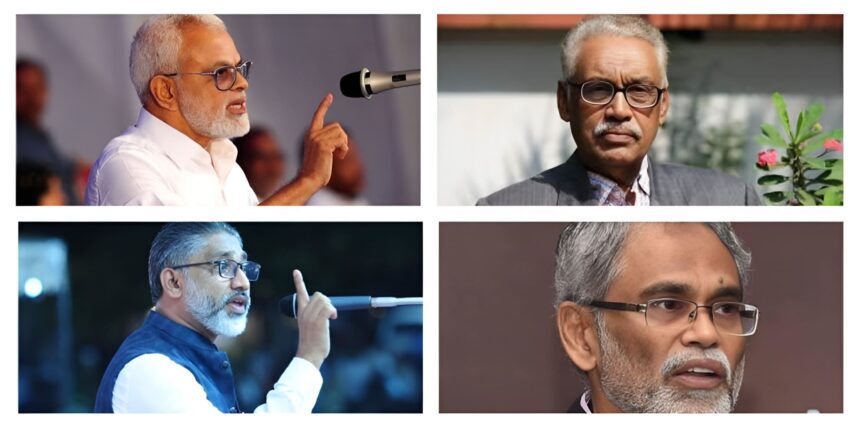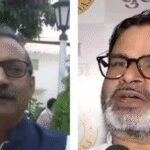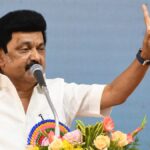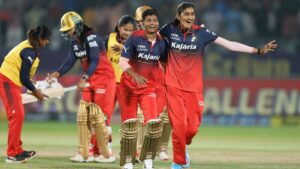Veteran Muslim Leaders Remain Imprisoned Three Years After Popular Front of India Ban
As the Popular Front of India (PFI), a prominent Muslim organization, was banned three years ago, many of its top leaders continue to be held as undertrial prisoners. Notable figures include E Abubacker, the former chief of PFI and founder president of the Social Democratic Party of India (SDPI), Professor P Koya, general secretary of the National Confederation of Human Rights Organisations (NCHRO), former PFI national chairman OMA Salam, and former vice chairman E.M Abdul Rahiman. As of September 22, 2025, they have completed three years in jail alongside at least 40 other Muslim leaders and activists connected to the now-outlawed group.
Forty-two individuals were arrested under the stringent Unlawful Activities (Prevention) Act (UAPA) by the National Investigation Agency (NIA) during the first nationwide crackdown on the PFI on September 22, 2022. Six days later, on September 27, the Union government declared the PFI and its affiliate organizations—including the Campus Front of India, Rehab India Foundation, and others—as “unlawful associations” for five years.
The charges against them, lodged under Sections 120B and 153A of the Indian Penal Code and various sections of the UAPA, allege that the group was involved in a conspiracy to incite communal divisions and intended to topple the current secular and democratic framework in India, aiming to establish an Islamic Caliphate under Sharia law. The NIA’s claims included accusations of indoctrination and training of young individuals to wield weapons.
Several human rights organizations and Muslim groups have characterized the government’s ban as “unconstitutional,” demanding the release of those detained. Since the ban, a series of raids and arrests have occurred across the nation.
Among those imprisoned, 73-year-old E Abubacker faces significant health issues, including a rare form of cancer—gastroesophageal junction adenocarcinoma—as well as Parkinson’s disease. Following cancer surgery in 2020, he has been largely confined to his home, needing the extreme care of family. According to his daughter Shabeena, he underwent extensive surgery, resulting in 80% of his stomach being removed, which restricts him to specific positions for comfort.
In a separate legal development, the Delhi High Court has reserved its judgment regarding a petition from the PFI challenging the Union government’s decision to confirm the five-year ban. This follows the tribunal ruling on March 21, 2024, which upheld the initial September 2022 order.
During the proceedings, Chief Justice Devendra Kumar Upadhyaya and Justice Tushar Rao Gedela heard arguments from both sides. The Union, represented by Additional Solicitor General, opposed the writ petition’s validity, contending that the UAPA tribunal, led by a High Court judge, could not be challenged under Article 226 of the Constitution. The opposing counsel for the PFI argued that the petition was indeed maintainable, asserting the tribunal operates independently and is not subordinate to the High Court.
The situation of the detained leaders and the legal context surrounding the PFI remain significant, raising questions about civil rights and government actions against perceived threats.
Tags: Muslim leaders, Popular Front of India, prison, ban, veteran activists
Hashtags: #Veteran #Muslim #leaders #languish #prison #years #Popular #Front #India #ban










